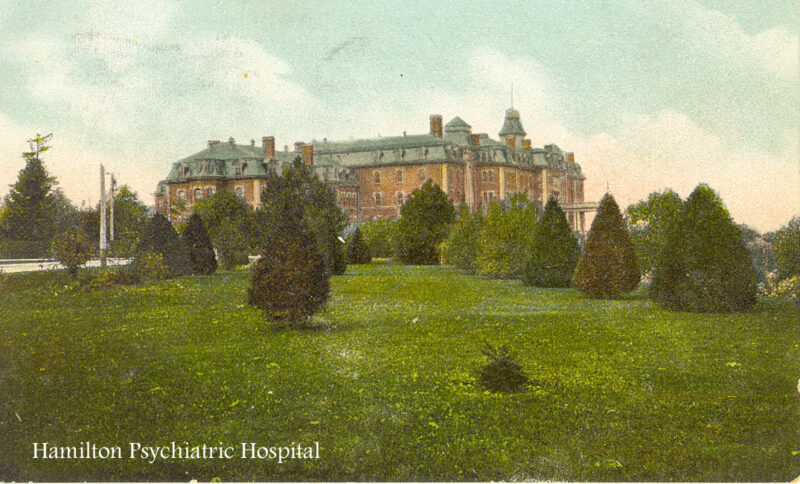In Grace’s tale, told in fragments interspersed with events unfolding in present-day Toronto, we see governors, church-goers, and virtuous intellectuals tell lies, distort reality, and altogether manipulate and fabricate webs of fantasy that can appear incredibly convincing to the right people at the right time. And throughout the entire story, something feels eerily amiss—there’s an unshakeable feeling that we are not being told the full truth, either, but a deliberately selective version of it. It’s like seeing an object in a corner of a room, veiled from sight, and knowing it will not be revealed. This object is the human psyche; something we have all learned to cunningly conceal parts of. “If we were all on trial for our thoughts, we would all be hanged,” Grace quietly tells Dr. Jordan at one point.
Emotionally probing and haunting, Alias Grace challenges the human tendency to automatically believe what we are told—the tendency to assume that those who appear sane and honest are actually that, even when other lives hang in the balance. Like many of Atwood’s thrillers, Alias Grace raises numerous questions and leaves them unanswered. Rather than disappointed, however, the reader is left in a daze instead, wondering what kinds of psychological manipulation their own mind might be capable of, awash with a curiously haunting aftertaste.
